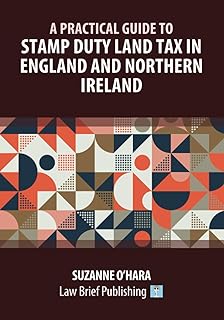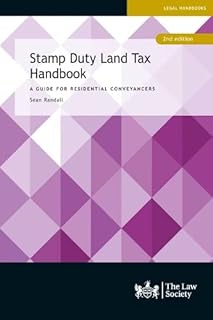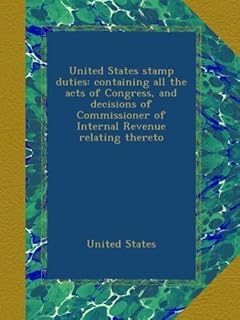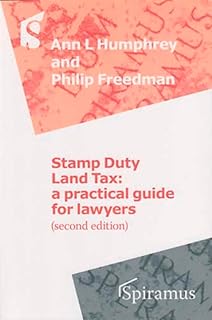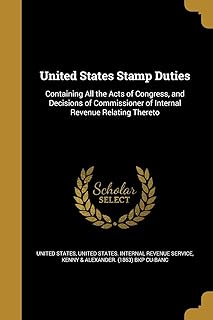The Australian Securities and Investments Commission (ASIC) has initiated a targeted review to address regulatory barriers that may be hindering superannuation funds from investing in property assets, a move that industry experts believe is crucial for enhancing national productivity.
The review aims to explore potential modifications in the disclosure of stamp duty repayments under Regulatory Guide 97, which governs the disclosure of fees and costs in product disclosure statements and periodic statements.
ASIC has highlighted concerns that the current disclosure requirements impact performance test results and could be discouraging super funds from investing in property.
ASIC Chair Joe Longo emphasized the importance of addressing regulatory issues to facilitate investments and ensure that unnecessary red tape does not impede the growth of superannuation funds.
The review will also consider the disclosure of internally and externally managed private credit arrangements to bring consistency in the disclosure of fees and costs.
Industry representatives, along with Treasury, will collaborate with ASIC in conducting the review, which is expected to deliver its findings by 30 November.
Currently, RG 97 mandates the disclosure of various costs associated with investment transactions, including stamp duty on property investments, brokerage, buy-sell spread, and clearing costs.
According to ASIC, the review will explore potential changes to provide more clarity on how stamp duty is disclosed, particularly for investments in unlisted and listed properties.
Responding to ASIC’s announcement, the Association of Superannuation Funds of Australia’s CEO, Mary Delahunty, underscored the need for targeted reforms to address the treatment of stamp duty under RG 97.
Delahunty emphasized that the current regime unfairly penalizes funds investing directly in Australian residential properties and distorts cost comparisons, particularly for investments in new apartments.
Navleen Prasad, CEO of the Australian Investment Council, welcomed ASIC’s move, highlighting the positive impact it could have on promoting affordable housing and unlocking investment opportunities in various asset classes.
Prasad emphasized that removing barriers to investment, such as those posed by RG 97, could lead to increased investments in high-growth businesses and innovation sectors, ultimately driving better retirement outcomes for workers.
The industry expects that addressing regulatory constraints like those in RG 97 could unlock solutions in critical areas such as energy transition, AI, sustainable care, and sovereign capability.
Overall, the review of stamp duty disclosure is seen as a step towards fostering transparency, encouraging investments in the economy, and enhancing the overall efficiency and productivity of the superannuation sector.
📰 Related Articles
- Victoria’s Homebuyer Fund Eases Property Ownership for Victorians
- U.S. Clean Energy Investments Surge, Emission Targets Remain Challenging
- SuperGuide: Maximizing Retirement Savings Through Informed Super Fund Choices
- Queensland Racing Industry Review Targets Animal Welfare Concerns
- New Tax Targets Wealthiest Super Accounts in Australia by 2025
